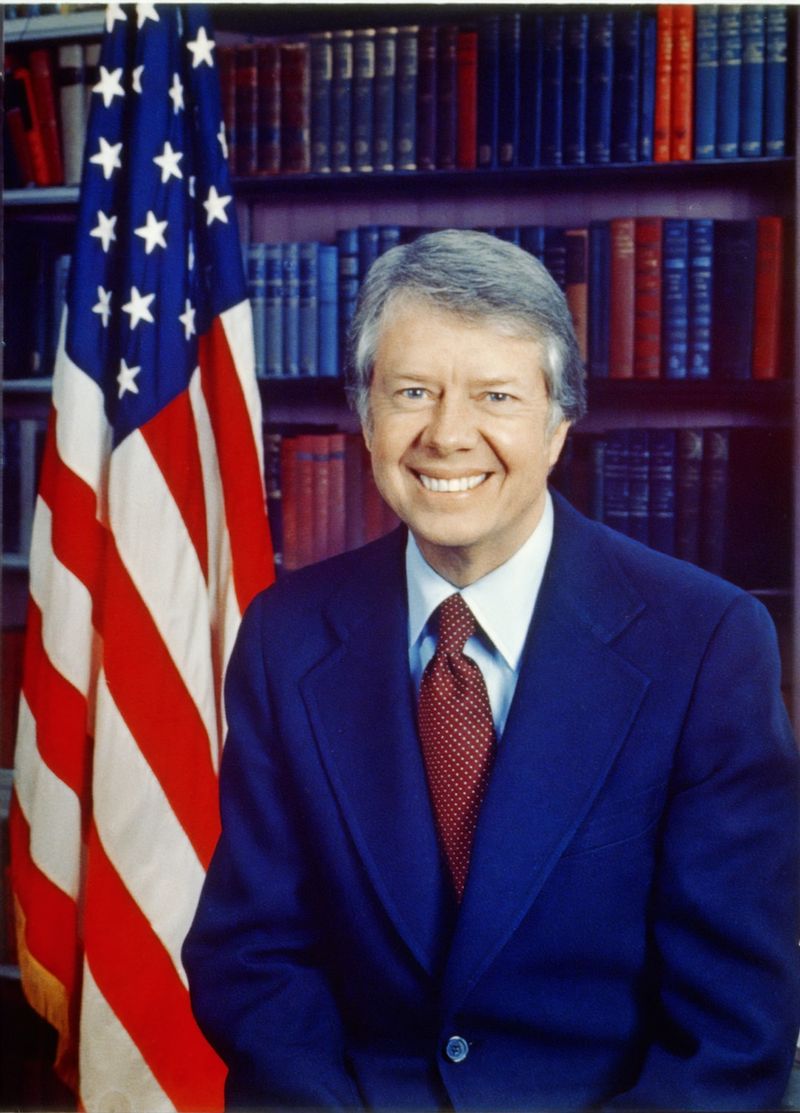Five Times Vladimir Putin Gave the World a Sign of Ill Health, from Covid to Cancer
The Secrecy Surrounding Putin’s Health
Claims about the health of Russian President Vladimir Putin have been circulating for years, with speculation increasing since the invasion of Ukraine in 2022. The secrecy surrounding the Russian state has made the health of its leader a topic of intrigue and discussion. However, experts caution that recent reports are likely influenced by “wishful thinking” and that analyzing Putin’s health is challenging due to his limited interactions with foreign leaders.
Hand-Gliding Injury in 2012
Reports about Putin’s health date back to 2012 when news outlets around the world claimed that he had back trouble and needed surgery. Initially, the Kremlin denied the injuries but later confirmed that Putin had strained a muscle due to a hand-gliding incident. Restrictions were placed on media coverage of Putin during his visit to a Red Square ceremony, but footage from religious leaders in Moscow showed him with a slight limp.
US Intelligence Claims of Advanced Cancer in 2022
In April 2022, Putin allegedly took a small hiatus for advanced cancer treatment, according to a classified US intelligence report. The report, drafted just one month before the alleged treatment, also mentioned an attempted assassination on Putin’s life. While these claims remain unverified, they contribute to the ongoing speculation about Putin’s health.
Rumors of Parkinson’s Disease
Last year, a video emerged showing Putin gripping a table tightly and displaying apparent bloating and slouching. Some speculated that these signs indicated Parkinson’s disease, a condition that affects the brain’s dopamine-producing nerves. However, neurologist Ray Chadhuri stated that no evidence of parkinsonism could be observed in the short clip. Russian political scientist Valery Solovey also claimed Putin had experienced weight loss and resorted to “very strong stimulants,” but these claims remain unsubstantiated.
Suspected Covid Battle and Paranoia
Following an outbreak of Covid in the Kremlin, Putin isolated himself for two weeks and was spotted coughing during a televised meeting. He also imposed strict isolation measures on anyone meeting him face to face. Speculation arose that Putin’s increasing paranoia led to longer tables being used for meetings. However, it is important to note that there is no concrete evidence to support these claims.
Possible Use of Body Doubles
In a rare public appearance this summer, Putin kissed a girl and shook an officer’s hand, behaviors not observed in previous encounters. This led to speculation that he may be using body doubles during his public appearances. However, it is difficult to verify these claims, and some argue that Putin’s cautiousness in interacting with people, particularly since the Covid outbreak, may contribute to such perceptions.
Editorial and Philosophical Discussion
The speculation surrounding Vladimir Putin’s health raises important questions about the nature of leadership and the transparency of political leaders. In authoritarian regimes like Russia, where information is tightly controlled, rumors and public anxieties about the leader’s health become amplified. When leaders are less visible or provide limited public interactions, the absence of information creates room for speculation and conspiracy theories.
However, it is essential to approach these claims with caution. Health issues are complex and personal, and projecting assumptions onto public figures can be misleading. Health information should be handled responsibly and based on verifiable evidence. Moreover, speculation about Putin’s health should not distract from the larger issues at hand, such as the invasion of Ukraine, human rights abuses, and geopolitical tensions.
Advice: Critical Thinking and Responsible Reporting
When encountering rumors or claims about the health of political leaders or public figures, it is crucial to adopt a critical mindset and seek reliable sources of information. As consumers of news, we should carefully evaluate the evidence presented, consider the credibility of the sources, and maintain a healthy skepticism towards unverified claims.
News organizations also play a vital role in responsible reporting. While speculation may generate attention, the focus should be on factual reporting and providing context to ensure an informed public. Journalists must uphold ethical standards, verify information before publishing, and avoid amplifying baseless rumors or unsubstantiated claims.
In a world where misinformation and disinformation are prevalent, accurate and responsible reporting is crucial for fostering trust and understanding among the public. By adhering to these principles, we can navigate the complexities of political leadership and current affairs with greater clarity and integrity.

<< photo by Library of Congress >>
The image is for illustrative purposes only and does not depict the actual situation.
You might want to read !
- Path to Peace: Putin Signals Willingness to Engage in Talks with Ukraine
- “Springing Forward, Falling Back: Unraveling the Origins of Daylight Saving Time in the UK”
- The history and purpose behind the introduction of Daylight Saving Time in the UK
- Putin’s Health Scare: Unraveling the Truth Behind Alleged Cardiac Arrest
- “Controversy Unleashed: Hamilton and Leclerc Disqualified from United States Grand Prix”
- Oasis Reunion: Liam Gallagher Announces 2021 Definitely Maybe Anniversary Tour
- Terror Manhunt: Police Intensify Search in Richmond Park
- Rebecca Adlington Opens Up About the Heartbreaking Pain of Miscarriage
- Al Nassr Edges Damac in Exciting Saudi Pro League Clash: NAS 2-1 DAM [Editorial Exploration]
- Exploring the Online Streaming Options for the Bournemouth vs Wolves Match
- Title: Unraveling the Enigma: The Lewis Hamilton and Charles Leclerc Saga Decoded
- Nicole Scherzinger: Showcasing Elegance and Style in a White Mini Dress
- “Finding Strength in Grief: Victoria Pendleton’s Emotional Journey”




